Review of Pretty Village, Pretty Flame
Introduction
In June 1914, the Archduke Franz Ferdinand was assassinated in Serbia. So began the Great War, The War To End All Wars. Sheer optimism of course, as we now simply call it the First World War. Four years of hell, in which countless millions died for a few feet of mud in France. Twenty-one years later, and the world would be at it again. World War II: The Sequel made the world realise that the Great War wasn`t as great as it was cracked up to be, as humanity devised new ways of wiping out people in their millions. After the Second World War, it was decided not to be so foolish again, and the world was reorganised. The USA had a club, and the USSR had a club, both sides would build weapons so ridiculously powerful that no one would actually consider using them. The Third World could wipe themselves out in little brush wars for all we cared, but the `civilised` nations would never again stoop to such barbarity. Why bother with humble genocide, when a push of a button could vaporise a city. Europe wanted to be extra sure, so they made their own club within a club. All the countries that previously despised each other formed an economic community, just to ensure that never again would the spectre of war blacken European skies.
Then in the late eighties, someone noticed that the USSR`s club hadn`t been paying its bills. Communism fell apart overnight, and all the countries that had formerly been well behaved little Soviets under the eye of an ever watchful Big Comrade, found themselves free to choose for themselves. Some like Czechoslovakia, decided to separate amicably, some decided to apply to join the European club. A few, that previously had internal tensions and ethnic divisions restrained by the Communist system, exploded in a paroxysm of violence and self-destruction. The countries of the former Yugoslavia were the most prominent of these nations, and soon scenes that had been considered buried with the last of Hitler`s atrocities, or confined to barely civilised corners of the Third World, were once again playing themselves out in Europe`s back yard. What can we learn from this? That humanity is the scum of the Earth, and that given half a chance, people will turn on neighbours and friends at the drop of a hat. Assuredly an uplifting message, and one that Pretty Village, Pretty Flame takes pains to reiterate over 2 hours plus.
In 1971, the Brotherhood-Unity tunnel is opened in Bosnia, but the opening is ill omened when the official slices into his thumb with a pair of scissors, giving the new tunnel a blessing of blood. Two friends grow up in the area, Serbian Milan and Muslim Halil often play near the tunnel, abandoned by the eighties, daring each other to face the ogre rumoured to live within. As they grow older, they remain firm friends, going into business together until civil war breaks out. Milan recalls all this as he lies in hospital, recuperating from injuries sustained in battle in 1994. His thoughts keep going back to when Turkish insurgents cornered him and the surviving members of his company, and they had to take refuge in the same tunnel that haunted his childhood.
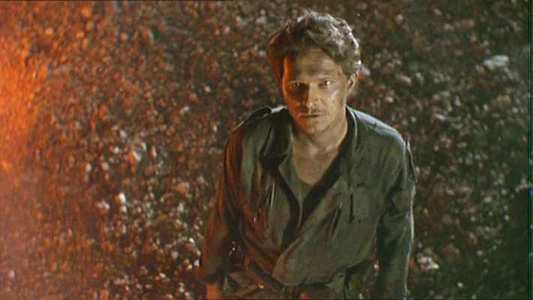
Video
The 1.85: 1 anamorphic transfer from Pathe is adequate, with no signs of digital artefacts. However, the source print is less so, with grain and lack of definition quite evident throughout. The film seems as if it was shot on old film stock, looking 20 or 30 years older than it actually is. The image is occasionally faded, and print damage is evident throughout. It gets quite noticeable in a couple of scenes.
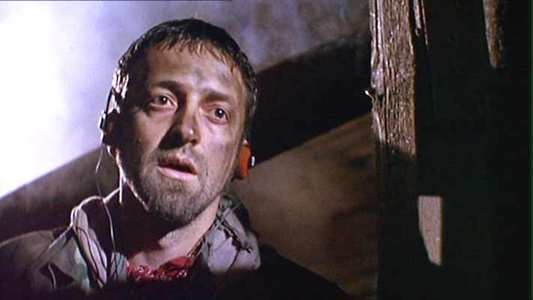
Audio
A serviceable Serbo-Croatian DD 2.0 Stereo track is all that there is on this disc. There is noticeable separation, and the combat sequences are quite effective in terms of sound design. However, there is a degree of hiss prevalent throughout that knocks a few points off the final mark. Subtitles are of the burnt in variety, and the rare moment of English dialogue goes by uncaptioned.
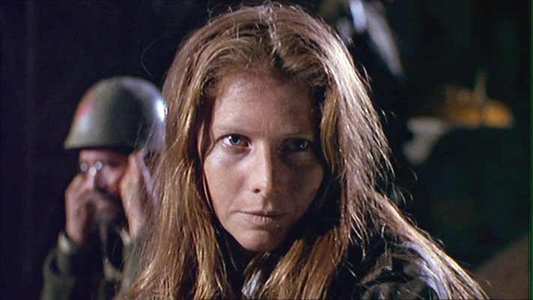
Features
Nothing.
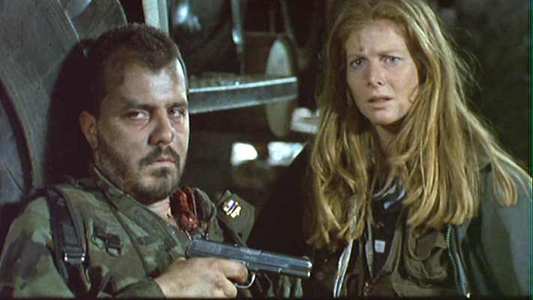
Conclusion
The senseless violence, the insanity of brother turning against brother, the futility of war, these are all staple concepts in the modern reconstructed war movie. Pretty Village, Pretty Flame makes all the right noises in these directions, certainly not pulling any punches when it comes to the brutality and the hatred at the heart of the Bosnian War. However, it doesn`t quite pull it off, as the story gets lost in the overlong meanderings of unrestrained direction.
The flashback is a well-tried storytelling device in cinema, but this film is all flashback, starting with Milan recuperating in a Serbian hospital, after the incident in the tunnel. It removes much of the tension from the tunnel standoff, as we already know who will survive. But the flashback indulgence becomes ridiculous here, with the narrative jumping backward and forward in time, showing us Halil and Milan`s childhood, adolescence and adult friendships, as well as the start of the war and key moments therein. Flashbacks within flashbacks abound, and when a main character dies in the film, we invariably get a flashback to how he joined the army, as his corpse falls to the ground. This indulgence strains the narrative and kept me as a viewer from engaging with the story and the characters.
While the friendship between Halil and Milan is carefully established, and we get an idea of how close they are, it is a wasted premise for much of the film, as the film concentrates on other ideas and storylines for the duration of the standoff in the tunnel. It`s only at the end that we get some sort of resolution for the friends turned enemies, and it is precious little for the characters. The diversions into other ideas and character distract from what should have been the central premise of the film, and its excessive length further dilutes this. As is usual with war movies of this type, halfway through someone remembers that there is supposed to be a message in the film, so a grunt soon to be turned into cannon fodder stands up to make the sort of political speech that is woefully out of place in a combat situation.
There`s plenty of blood and guts in Pretty Village, Pretty Flame, and the horrors of war are never far distant. It is occasionally lightened by some gallows humour, lest you think it is a purely depressing experience. But for me the film seems very dated, and not just because of the worn film stock. Made in 1996 only a couple of years after the Bosnian war, which was then obviously still a raw wound in the nation`s psyche, this film is an inarticulate cry at the futility of the conflict, the insanity of former neighbours taking to murdering each other. As a piece of filmmaking, it is catharsis of a sort. But given the space of time, the intervening years have left questions, prominent among them "Why?" Why did this happen, why did friends become enemies so easily, why did people do such horrendous things to each other? This film barely even asks the question, let alone tries to provide answers.
Pretty Village, Pretty Flame is an overlong war film that gets lost in its own flashbacks. It`s well performed and there are moments that provoke thought, but ultimately watching this film is as futile experience as war itself, though fortunately non-destructive. The disc is passable, although hampered by the quality of the original film. It`s worth looking at if you want a local perspective on the Bosnian conflict, although I hope you will be able to get more from the experience than I did.
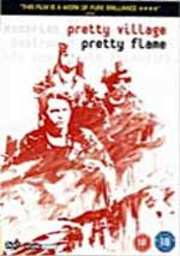




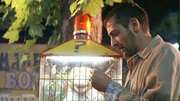
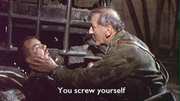
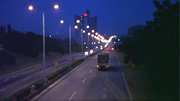
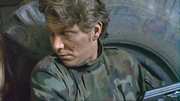
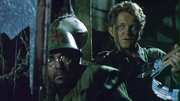
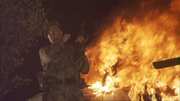
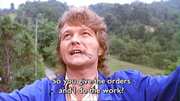
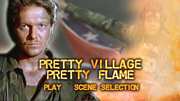
































Your Opinions and Comments
Be the first to post a comment!